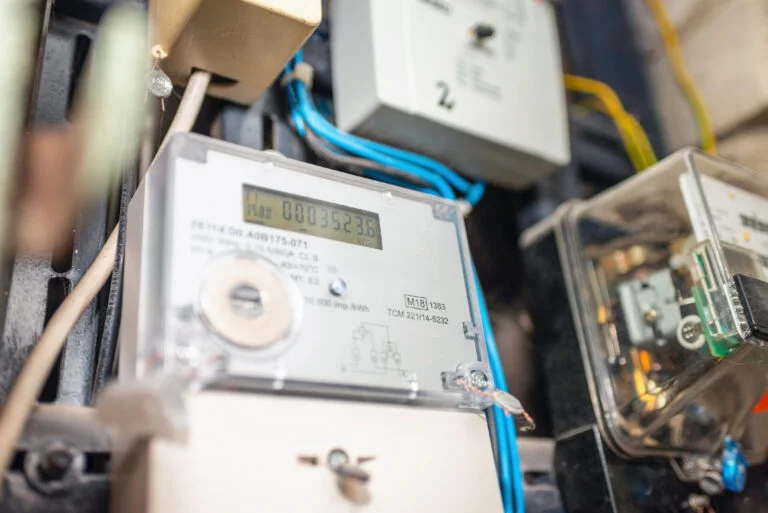In a major boost for the UK’s renewable energy sector, four new large-scale solar projects have added 133MW of solar capacity to the national grid, enough to power over 38,000 homes annually. The largest, the 49.9MW Layer Solar Farm, will also cut carbon emissions by approximately 40,000 tonnes each year. This rapid expansion symbolises the growing role of solar energy in the UK’s transition to a cleaner, more sustainable energy future.
The UK’s Clean Power Mission
The timing of this development aligns perfectly with the UK’s 2030 Clean Power Mission, which aims to eliminate coal-fired power and significantly increase renewable energy sources, including solar and wind. This milestone also comes as the UK’s final coal-fired power station, Ratcliffe-on-Soar, closed down last week. With these new projects, the UK is taking a significant step towards achieving its net-zero carbon emissions goal by 2050. Solar energy is proving to be one of the most versatile and scalable solutions to support this transition, contributing to both energy independence and long-term sustainability.

Economic Benefits
This expansion is not only environmentally significant but also economically beneficial. By increasing the country’s domestic energy production, it reduces reliance on fossil fuel imports and promotes energy security. Additionally, the solar industry continues to create green jobs, from the construction of new facilities to ongoing operations and maintenance, helping to strengthen the economy while supporting the broader climate agenda.
The other newly energised solar farms contributing to this expansion include Crouch Solar Farm (23MW), Maldon Wycke Solar Farm (25MW), and Links Solar Farm (35MW), further adding to the growing capacity. Collectively, these projects are a significant move toward enhancing the country’s renewable energy infrastructure.
Advances in Solar Technology
The adoption of renewable energy sources, especially solar power, is rapidly fuelling innovation and the development of new technologies. Advances in photovoltaic (PV) technology are leading to more efficient and affordable solar panels, capable of capturing more sunlight and converting it into electricity at higher rates. This includes the rise of bifacial solar panels, which absorb sunlight from both sides, significantly increasing their output. Additionally, the integration of smart inverters enhances the efficiency and stability of solar power systems by allowing better energy management and grid interaction.
Another critical area of innovation is in solar energy storage, particularly with solar batteries. These batteries enable the storage of excess energy generated during peak sunlight hours, ensuring that solar power can be used even when the sun isn’t shining. The development of grid-scale storage solutions is also critical, allowing for large amounts of solar energy to be stored and distributed when demand is high, providing greater stability to the grid.
The outlook for solar energy in the UK is promising. As the government supports further renewable energy investments and public demand for clean energy grows, solar power will play an increasingly critical role in meeting the UK’s ambitious climate targets. Solar farms like those recently launched are paving the way for a cleaner, greener energy landscape, signalling a brighter future for the country’s energy independence and environmental sustainability.
As the UK accelerates its transition towards renewable energy, the solar industry is expected to continue expanding, setting an example for other nations committed to combatting climate change. By harnessing the power of the sun, the UK is taking bold steps toward a cleaner, more sustainable future for generations to come.






